
Key risk factors for post-stroke dementia uncovered: results from DEMDAS study identify metabolic syndrome + reduced HDL cholesterol as novel, modifiable risk factors for post-stroke dementia...
www.thelancet.com/journals/lan...
@isd-research.bsky.social
Welcome to the Institute for Stroke and Dementia Research (ISD) in Munich – Director: Prof. Martin Dichgans https://www.isd-research.de/

Key risk factors for post-stroke dementia uncovered: results from DEMDAS study identify metabolic syndrome + reduced HDL cholesterol as novel, modifiable risk factors for post-stroke dementia...
www.thelancet.com/journals/lan...

Cortical tau deposition promotes atrophy in connected white matter regions in Alzheimer’s disease url: academic.oup.com/brain/articl...
#tao @nfranzme.bsky.social

Marios Georgakis and team showed IL6 genetic perturbation mimicking IL-6 inhibition is associated with lower cardiometabolic risk
www.nature.com/articles/s44...

Mikael Simons receives $500,000 for a project to investigate disease mechanisms involving tau proteins. The funding is part of the international program „Tauopathy Challenge Workshop 2025“, supporting research projects aimed at understanding and treating tau-associated diseases such as AD. 🎉
09.09.2025 11:27 — 👍 1 🔁 0 💬 0 📌 0
Annual ISD Research Retreat 🎆 Great talks, project presentations, poster session, games, guest talks and an amazing LLM workshop by Rainer Malik 🙏
10.07.2025 09:05 — 👍 3 🔁 1 💬 0 📌 0
Arthur Liesz received the prestigious ESO Scientific Excellence Award for his contributions to the understanding of stroke and neurovascular disease. The award was delivered in the Presidential Session at the European Stroke Organisation Conference (ESOC 2025) in Helsinki. @arthurliesz.bsky.social
👏

The Munich Cluster for Systems Neurology (SyNergy) has been awarded a third funding period (2026-2032) by the DFG. 🎆 👏 @synergy-munich.bsky.social
27.05.2025 10:08 — 👍 6 🔁 0 💬 0 📌 0
Die Europäische Kommission hat den Wirkstoff Lecanemab (Handelsname: Leqembi) zur Behandlung der Alzheimer-Krankheit im frühen Stadium zuzulassen. Damit wird es erstmals in Deutschland eine Alzheimer-Behandlung geben, die ursächlich an einer der möglichen Krankheitsursachen angreift.
16.04.2025 07:00 — 👍 3 🔁 1 💬 0 📌 0
Interested in cellular mechanisms of cognitive decline after stroke? Check out this work in Nature communications: Anna-Sophia Wahl lab track the fate of individual neurons involved in spatial memory before + after multiple, distributed microstrokes using chronic 2photon imaging in-vivo. 👍
14.04.2025 08:26 — 👍 9 🔁 2 💬 0 📌 0@paquetlab.bsky.social
14.04.2025 06:46 — 👍 2 🔁 0 💬 0 📌 0
Dominik Paquet (ISD)
For his research project “Reprogrammed microglial cells as a therapeutic approach against Alzheimer's Disease” Dominik Paquet receives funding from the Alzheimer Forschung Initiative 🙌 @afi-ev.bsky.social
www.alzheimer-forschung.de/forschung/fo...

Alpha-synuclein co-pathology promotes tau accumulation in Alzheimer’s disease - findings by ISD investigators published in Molecular Neurodegeneration 👏 rdcu.be/ed0Su
@nfranzme.bsky.social @springernature.com

An atypical chemokine that links atherosclerosis and metabolic disease - A new study led by ISD staff identifies D-dopachrome tautomerase (D-DT/MIF-2) as an atypical chemokine that promotes both atherosclerosis and hepatic lipid accumulation. (...) read: 👉 www.isd-research.de/scrivito/isd... 👏
13.03.2025 12:07 — 👍 1 🔁 0 💬 0 📌 0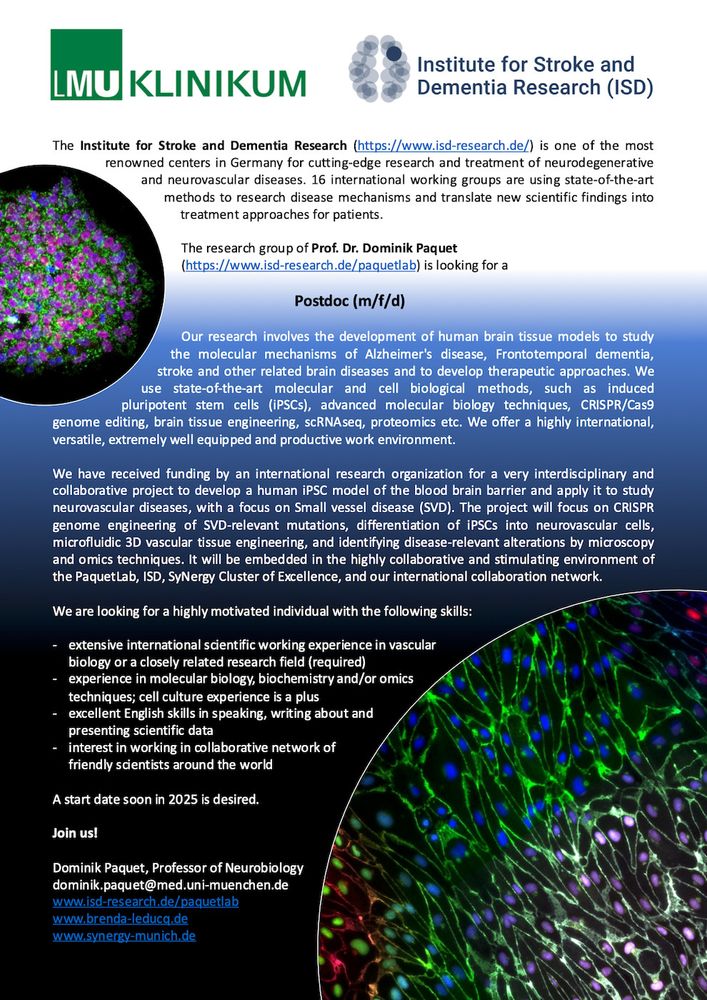
The research group of Prof. Dr. Dominik Paquet (https://www.isd-research.de/paquetlab) is looking for a Postdoc. Our research involves the development of human brain tissue models to study the molecular mechanisms of Alzheimer's disease, Frontotemporal dementia, stroke and other related brain diseases and to develop therapeutic approaches. We use state-of-the-art molecular and cell biological methods, such as induced pluripotent stem cells (iPSCs), advanced molecular biology techniques, CRISPR/Cas9 genome editing, brain tissue engineering, scRNAseq, proteomics etc. We offer a highly international, versatile, extremely well equipped and productive work environment. We have received funding by an international research organization for a very interdisciplinary and collaborative project to develop a human iPSC model of the blood brain barrier and apply it to study neurovascular diseases, with a focus on Small vessel disease (SVD). The project will focus on CRISPR genome engineering of SVD-relevant mutations, differentiation of iPSCs into neurovascular cells, microfluidic 3D vascular tissue engineering, and identifying disease-relevant alterations by microscopy and omics techniques. It will be embedded in the highly collaborative and stimulating environment of the PaquetLab, ISD, SyNergy Cluster of Excellence, and our international collaboration network. We are looking for a highly motivated individual with the following skills: -extensive international scientific working experience in vascular biology or a closely related research field (required) -experience in molecular biology, biochemistry and/or omics techniques; cell culture experience is a plus -excellent English skills in speaking, writing about and presenting scientific data -interest in working in collaborative network of friendly scientists around the world A start date soon in 2025 is desired. Join us! dominik.paquet@med.uni-muenchen.de www.isd-research.de/paquetlab www.brenda-leducq.de
Open #Postdoc position @isd-research.bsky.social @lmumuenchen.bsky.social to develop an #iPSC-derived #BBB model. Fully funded and embedded in our international Foundation Leducq Network of Excellence www.brenda-leducq.de Experience in vascular biology or related field required. Please RP and apply
12.03.2025 16:42 — 👍 13 🔁 9 💬 0 📌 0
Finally printed: ISD Annual Report 2023/2024: Nice overview about the last years of research life and events at the institute. Thanks to everyone who contributed.🫶
www.isd-research.de/about-us/med...

Prof. Dr. Paquet (@paquetlab.bsky.social) von der LMU München und sein Team züchten Mikrogliazellen mit neuen Rezeptoren, die schädliche Eiweiße wie Amyloid-beta besser erkennen und beseitigen sollen. Mit dieser Strategie könnten die neuen Alzheimer-Therapien ergänzt werden. Mehr Infos im Video!
06.03.2025 07:50 — 👍 1 🔁 2 💬 0 📌 1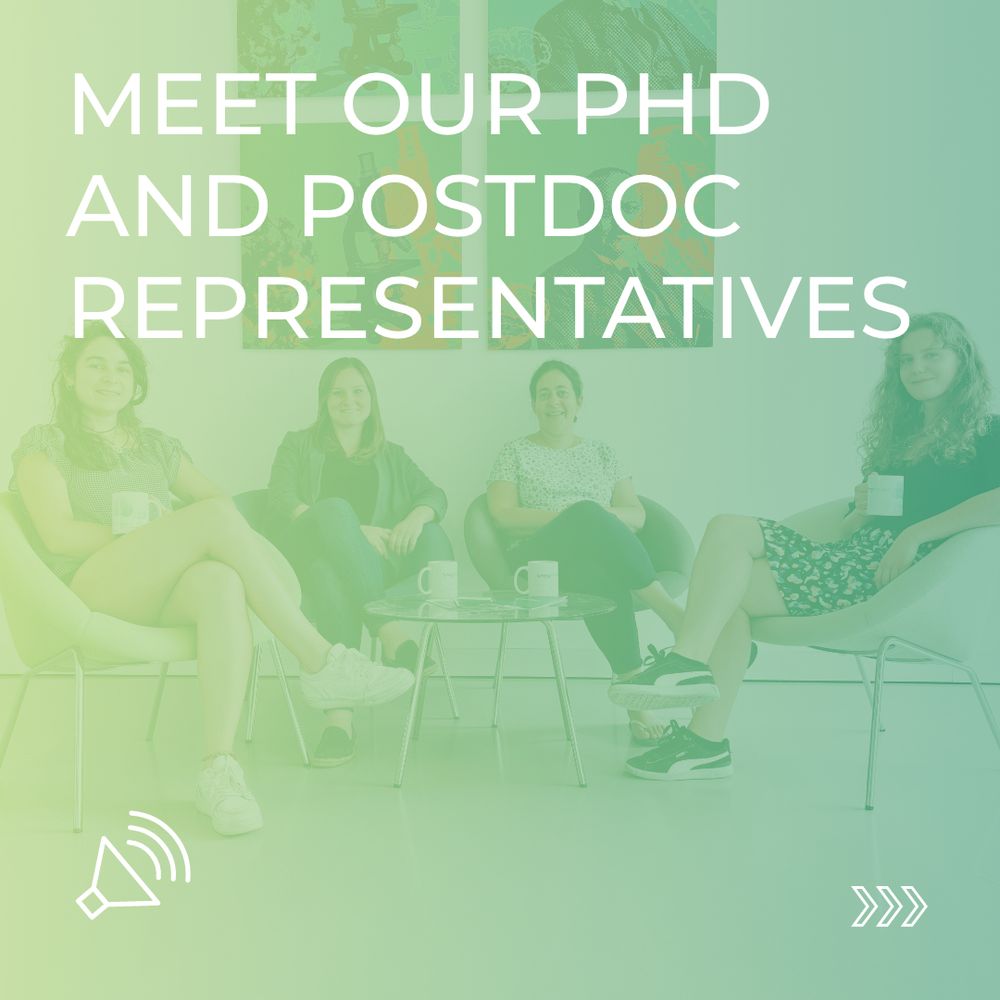
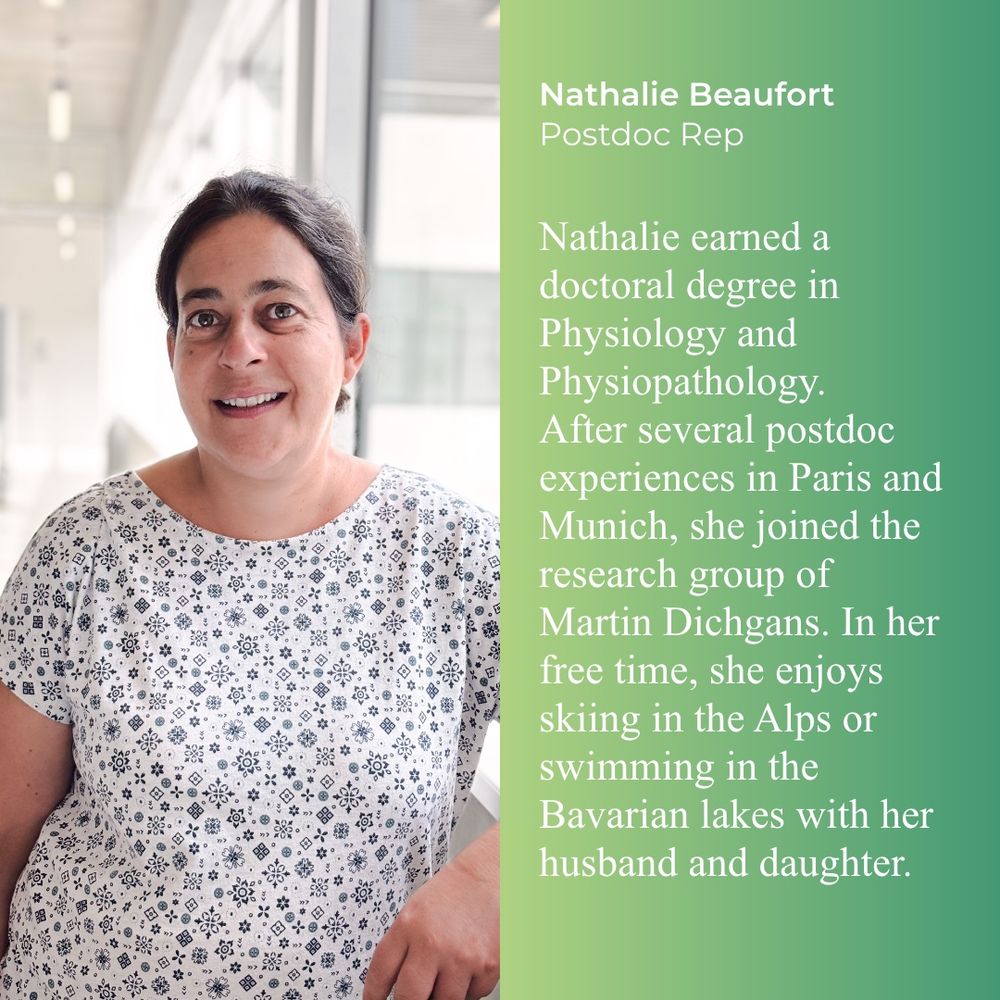
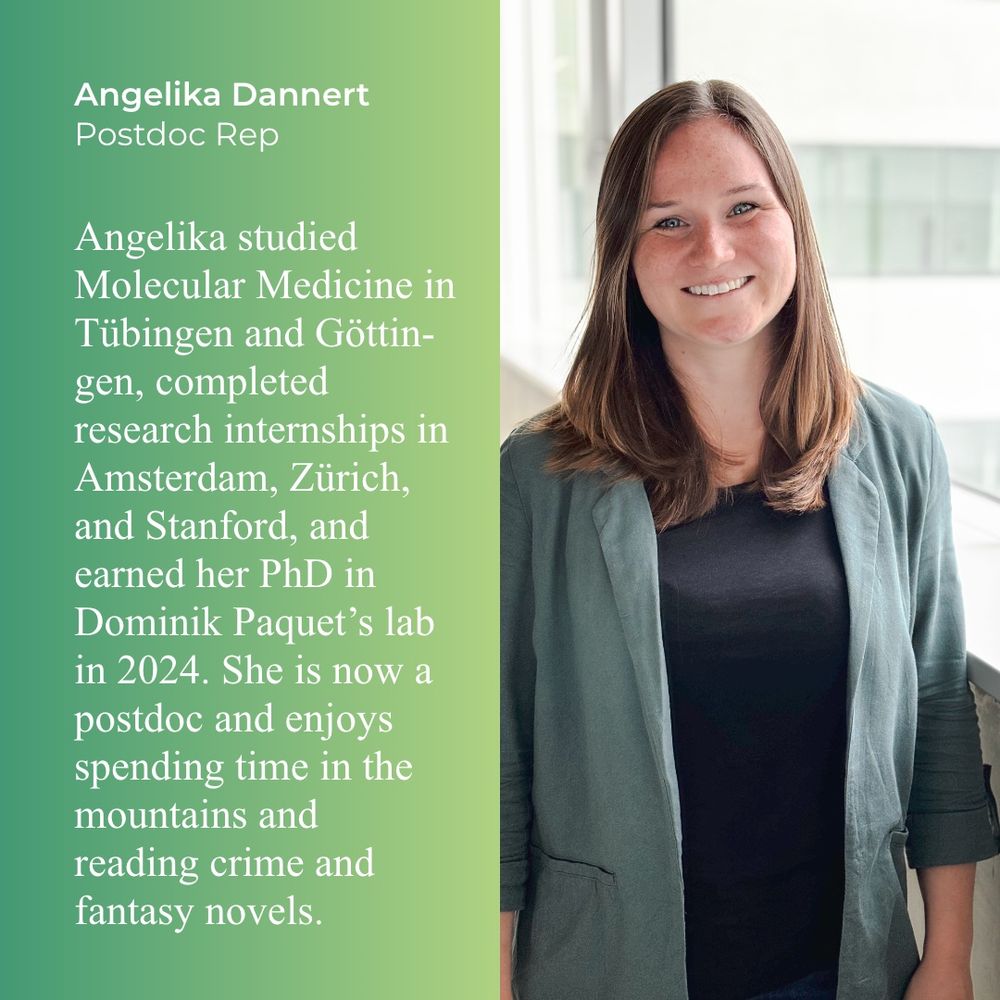
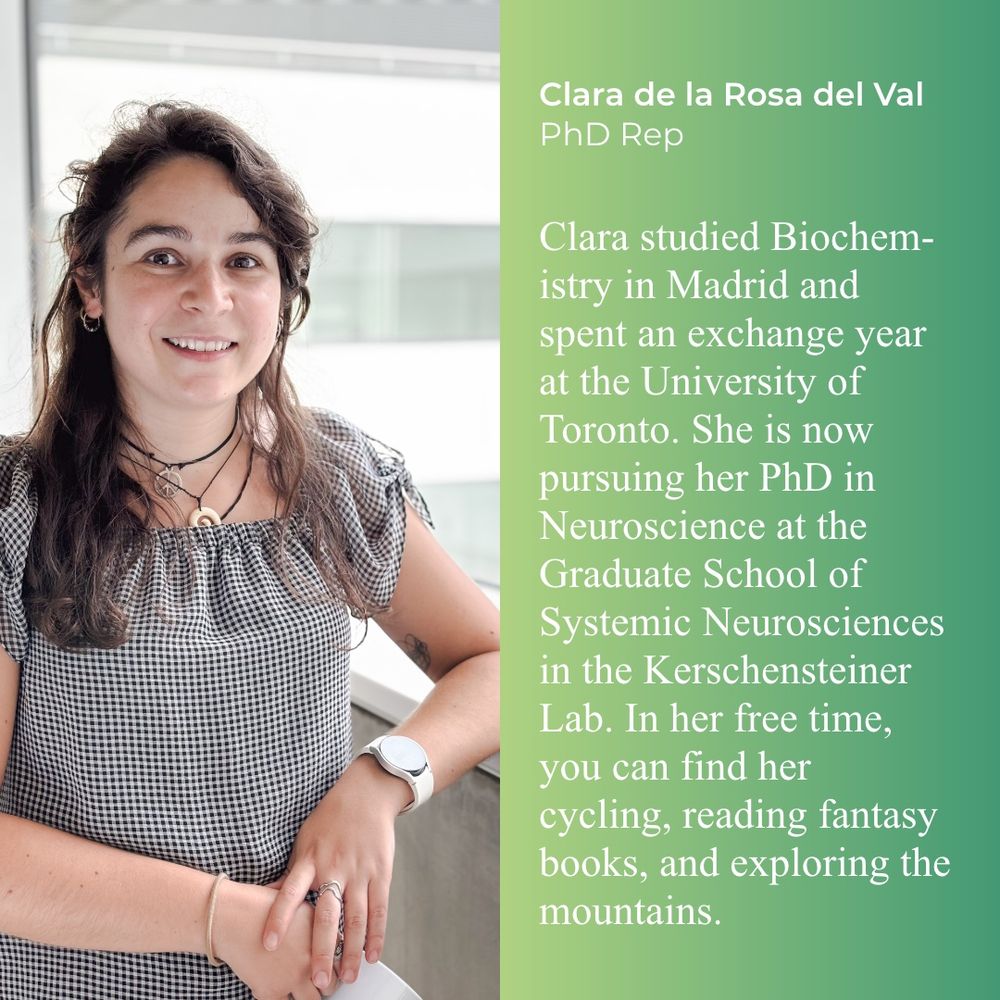
👋 Meet our PhD and Postdoc Representatives
💭 The voice of our PhD students and Postdocs. A point of contact for feedback, questions, criticism, and improvements. And they organize extracurricular activities! Meet @angelikadannert.bsky.social, Clara, Lis and Nathalie.
🔗 Read more: lnkd.in/dKtzshqr

www.cell.com/immunity/ful... - 👉ISD investigators now defined a mechanism whereby HDAC9 regulates activation of the NLRP3 inflammasome and developed a targeted anti-inflammatory approach for treating atherosclerosis. #HDAC9 #cell #immunity
29.01.2025 08:09 — 👍 5 🔁 5 💬 0 📌 1@nfranzme.bsky.social
27.01.2025 09:01 — 👍 0 🔁 0 💬 0 📌 0
Amyloid-associated hyperconnectivity drives tau spread across connected brain regions in Alzheimer’s disease
A study led by ISD researchers suggests a key mechanistic link between Aβ and tau accumulation in Alzheimer’s disease, showing that Aβ induces neuronal hyperconnectivity, thereby promoting the spread of tau pathology across interconnected brain regions. 👍 www.science.org/doi/10.1126/...
27.01.2025 09:00 — 👍 3 🔁 1 💬 1 📌 0